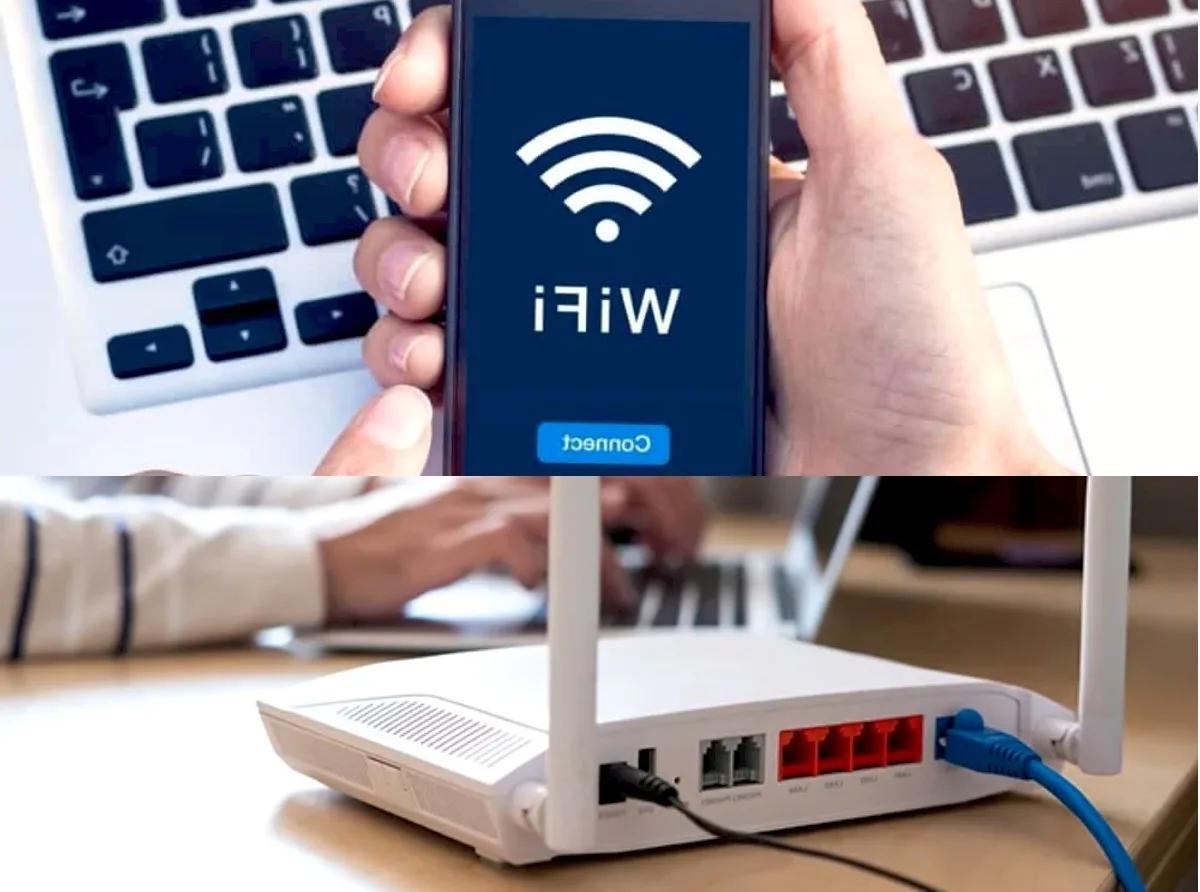How to Choose Between a Mobile Hotspot and a Router

Staying connected in today’s fast-paced world is more important than ever. With the rise of remote work and the need for constant internet access, understanding the differences between mobile hotspots and mobile routers can help you make an informed choice for your connectivity needs. Both devices serve the purpose of providing internet access on-the-go, but they come with distinct features and benefits.
Mobile Hotspot: A Portable Solution
A mobile hotspot is a compact device that converts cellular signals into Wi-Fi, allowing multiple devices to connect to the internet. Its portability is one of its greatest strengths, making it an ideal choice for travelers and those who need internet access in various locations.
Advantages of Mobile Hotspots
- Portability: Hotspots are lightweight and easy to carry, fitting comfortably in a pocket or bag.
- Easy Setup: Most hotspots offer a plug-and-play experience, requiring minimal configuration.
- Convenience: They eliminate the need for cables or SIM cards, allowing for quick connections.
- Cost-Effective: Many cellular plans include mobile hotspot capabilities at no additional cost.
Disadvantages of Mobile Hotspots
- Limited Coverage: The signal strength may weaken in areas with poor cellular reception.
- Fewer Connections: Typically, hotspots support only 5-10 devices simultaneously.
- Battery Life: Hotspots often have shorter battery life, necessitating frequent recharging.
- Data Limitations: Users may face data caps that restrict usage.
Mobile Router: A Robust Alternative
In contrast, a mobile router is designed for more stable and reliable internet access. While it can also convert cellular signals into Wi-Fi, it typically offers a stronger signal and supports more devices.
Advantages of Mobile Routers
- Extended Coverage: Routers generally provide a stronger signal over a larger area.
- More Connections: They can support 10-30 devices at once, making them suitable for families or small offices.
- Longer Battery Life: Many routers are designed for extended use without needing frequent charging.
- Advanced Features: Routers often come with Ethernet ports and options for external antennas, enhancing connectivity options.
- Flexible Data Plans: Users may find higher data caps and potential cost savings with dedicated data plans.
Disadvantages of Mobile Routers
- Larger Size: They are typically bulkier than hotspots, making them less portable.
- Complex Setup: Setting up a mobile router may require more technical knowledge compared to hotspots.
- Higher Cost: Users must purchase the device separately and may need an additional data plan.
- Power Consumption: Some mobile routers may require external power sources for operation.
Choosing the Right Option
When deciding between a mobile hotspot and a mobile router, consider your specific needs:
- If you require casual internet access for a few devices while traveling or commuting, a mobile hotspot is likely sufficient.
- For situations where you need to connect multiple devices over an extended period—such as in a home office or during family trips—a mobile router would be more appropriate due to its enhanced capabilities.
Conclusion
Both mobile hotspots and mobile routers offer valuable solutions for staying connected on-the-go, but they cater to different needs and preferences. By understanding their unique features, you can select the option that best aligns with your lifestyle and connectivity requirements. Whether you prioritize portability or robust performance will ultimately guide your choice between these two essential tools in our increasingly digital world.



